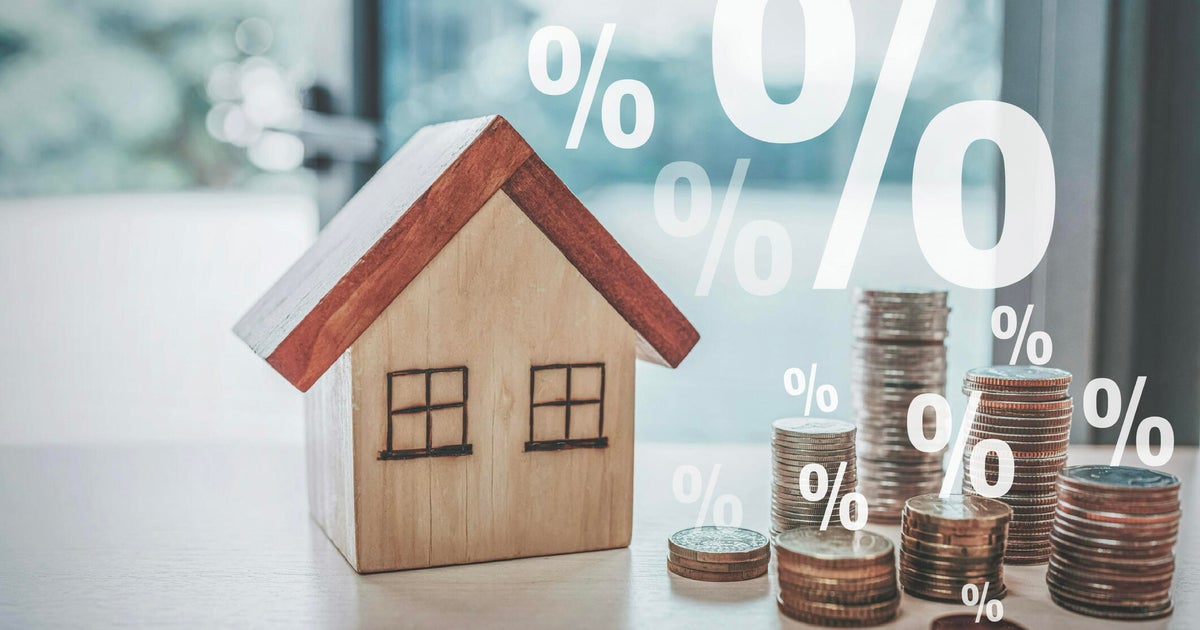Home equity loan vs. cash-out refinancing: What's the difference?
The spike in home values since 2020 has left many Americans sitting on quite a bit of new equity. If you'd like to tap into yours to pay for a major expense but don't want to sell your home, a home equity loan or cash-out refinance may be able to help. It helps to know the difference between the two, however, in order to determine which is best for you.
While both options offer lump-sum secured loans, they come with different costs, terms, payment structures, and lien positions. Below, we'll break down exactly what you need to know in order to make an informed decision. You can easily explore your home equity loan options and eligibility here now.
What is a home equity loan?
A home equity loan is a loan type that allows you to borrow against a portion of the equity you've built in your home — often up to 80% of your property's value. Upon approval, you'll receive the loan amount in a lump sum that you repay through monthly installments over a set term. Terms typically range from five to 30 years.
If you have an existing mortgage, the home equity loan will be separate, resulting in a second loan payment each month. The lender will also secure the second lien position on your home until the loan is repaid in full. Learn more here now.
What is cash-out refinancing?
A cash-out refinance refers to the process of replacing your existing mortgage with a new one large enough to pay off the original balance and leave money left over. The surplus is made available to you via a lump sum payment. Like a home equity loan, you can often borrow up to 80% of your home's value, although the loan-to-value limit can vary by lender.
If you go this route, your original loan will be paid off and closed, and you'll begin making payments on the new loan over a set term (often up to 30 years). The new loan will become your primary mortgage, which means it's secured by your home with a first-lien position. Learn more about your refinance options here now.
How are home equity loans and cash-out refinances alike?
Home equity loans and cash-out refinancing are both mortgages — loans secured by a borrower's residential property. In both cases, you are:
- Borrowing based on the equity you've built
- Receiving a lump sum loan payment
- Repaying it (plus interest) over a set term through fixed payments
- Paying closing costs of 2% to 5%
The two loan types also often have similar loan-to-value limits and eligibility requirements.
How are home equity loans and cash-out refinances different?
With a home equity loan, also called a second mortgage, you're getting a new loan in addition to your primary mortgage. As a result, you'll have two mortgage payments and two liens on your property. If you end up defaulting, your primary mortgage lender will get paid from the proceeds of your home sale before the home equity mortgage lender. As a result, home equity loans typically come with higher interest rates.
When you opt for a cash-out refinance, your existing mortgage is replaced, so you'll have just one loan, one lender and one mortgage payment. In this case, the lender holds the first lien on your property so you'll often benefit from lower interest rates.
Further, while both loan types have closing costs that range from 2% to 5%, cash-out refinance loans are typically larger so they come with more expensive fees.
Is a home equity loan or cash-out refinance right for you?
The right fit will depend on your situation, the economic environment and your preferences.
"If interest rates have dropped significantly since the original mortgage was taken out, a cash-out refinance may allow homeowners to secure a lower interest rate on the entire mortgage amount, including the extra cash withdrawn," says Michael Hammelburger, the CEO and a certified financial advisor working for The Bottom Line Group.
He adds, "A cash-out refinance also allows homeowners to consolidate their existing mortgage and the additional funds into a single loan, simplifying their monthly payments."
On the other hand, Hammelburger warns that there are drawbacks to cash-out refinances. Home equity loans often offer lower closing costs, lower fees and shorter terms, which can outweigh the benefits of a cash-out refinance.
"A financial advisor or mortgage professional can assist homeowners in assessing their options, weighing the costs and benefits, and making an informed decision based on their specific situation," Hammelburger says.
Learn more about your home equity loan options here now.




